Writing: Plays
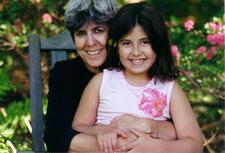
Cheryl Moch
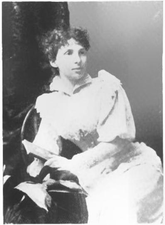
Martha Morton
As a female playwright, Martha Morton faced adversity within the male-dominated New York theater world. Despite repeated rejection, she achieved fame and prosperity. Resisting expectations of women writers, Morton took a firm hand in production, often casting and directing her own work.
Lazarus, Nahida Ruth
Nahida Ruth Lazarus was a German-Jewish cultural and literary critic, author, journalist, and essayist who was born in Berlin to a German-Christian family and converted to Judaism in 1895. She is best known for her published source book, The Jewish Woman (1891), a product of her fundamental interest in both feminism and Judaism that remains an important text for women’s and gender studies.
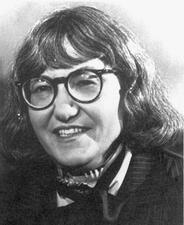
Cynthia Ozick
Cynthia Ozick is a Jewish-American writer, novelist, essayist, and playwright. Her creative, authentic, and intelligent stories, including “The Shawl” (1989) and “The Puttermesser Papers” (1997), have made her one of the greatest fiction writers and literary critics alive.
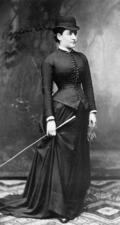
Bertha Pappenheim
Bertha Pappenheim was the founder of the Jewish feminist movement in Germany. In 1904, she founded the League of Jewish Women. Pappenheim believed that male-led Jewish social service societies underestimated the value of women’s work and insisted on a woman’s movement that was equal to and entirely independent of men’s organizations.
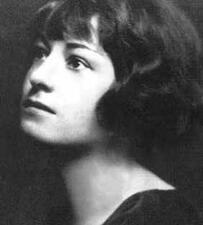
Dorothy Rothschild Parker
Writer, poet, critic, and screenwriter Dorothy Parker became known for her fierce wit as Vanity Fair’s drama critic in 1918 and as a founder of the “Algonquin Round Table.” She wrote multiple successful volumes of poetry and short stories and co-wrote the screenplay for the original A Star Is Born (1939). Parker was also committed to activism and numerous political causes.
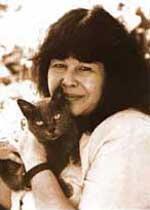
Marge Piercy
Novelist and poet Marge Piercy's life and life’s work reflect her deep engagement with political activism, feminism, and Judaism. In genres including fiction, poetry, liturgy, memoir, and essays, Piercy’s work brings together spirituality, creativity, memory, sensuality, and political engagement.
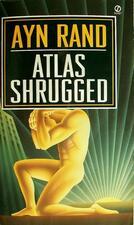
Ayn Rand
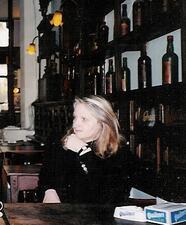
Diana Raznovich
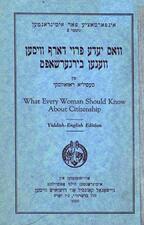
Cecilia Razovsky
Cecilia Razovsky was a remarkably active woman who spent her life striving to assist immigrants in adapting to life in the United States and other countries. Razovsky found countless ways to help Jewish refugees in particular, from writing plays and pamphlets to running committees and organizations for immigrant aid.
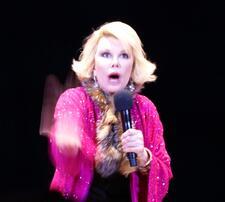
Joan Rivers
In revues, nightclub acts, concert halls, and on television, Joan Rivers popularized and perfected a genre of comedy that challenged reigning social conventions. After breaking into Chicago’s comedy scene in 1961 at Second City, Rivers became known for her comedic routines, books, and the talk show for which she won an Emmy for in 1990.
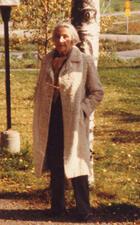
Nathalie Sarraute
Writer and lawyer Nathalie Sarraute was an innovative figure in post-World War II French literature. No longer allowed to practice law during the German occupation of France, she posed as the governess of her three daughters to hide her Jewish identity. Sarraute’s many novels and plays are characterized by an “inwardness” and an unusual lack of characters, names, and plot.
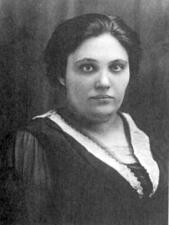
Yente Serdatsky
Proud, independent, enterprising, and contentious, Yente Serdatsky exemplifies the enormous difficulties experienced by Yiddish women writers in achieving recognition. Serdatsky published stories, one-act plays, and dramatic sketches in various Yiddish periodicals, and focussed on the narratives of immigrant women like herself.
Viola Brothers Shore
Viola Brothers Shore was an accomplished writer, poet, and screenwriter during the 1920s and 1930s. In addition to writing for numerous publications, she wrote silent movie titles and original stories for many films and won awards for her may mystery stories.
Rose Shoshana
Rose Shoshana began her acting career in the Yiddish theater world, playing Manke in Got fun Nekome in 1908. She went on to perform across Europe, America, and Asia. When she arrived in New York in 1946, she began a career as a novelist, writer, translator, and journalist at the Forverts.
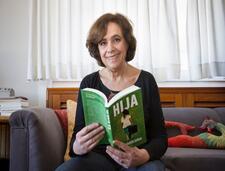
Ana María Shua
Ana María Shua is an Argentine writer and screen writer who is internationally known as a specialist in short stories, in particular micro fiction tales, which are stories of just two or three lines of extension. She is well known in the Hispanic world as the Queen of the Microstory and employs her writing to narrate various aspects of the Jewish experience.
Dora Shulner
Dora Shulner was a Yiddish writer who vividly evoked for her readers life in the Pale of Settlement before, during, and after the Russian Revolution and Civil War. She candidly portrayed women in their most intimate relationships with men, revealing the complexity of their disappointments and aspirations.
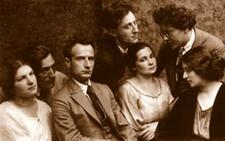
Esther Shumiatcher-Hirschbein
Yiddish writer Esther Shumiatcher-Hirschbein was born in Belarus in 1899 and emigrated to Calgary, Canada, with her family in 1911. Her poetry devoted to her pregnancy and childbirth were considered groundbreaking, along with other themes in her work, including grief, marriage, sexuality, and widowhood.
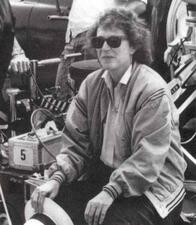
Joan Micklin Silver
Award-winning director and screenwriter Joan Micklin Silver, born in 1935 in Omaha, Nebraska, wrote and directed the 1975 barrier-breaking independent film Hester Street, which sparked an interest in the lives of immigrant Jews. She also directed Crossing Delancey (1988), five other feature films, and several films for television.
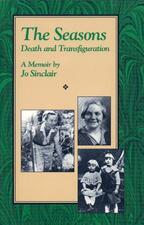
Jo Sinclair
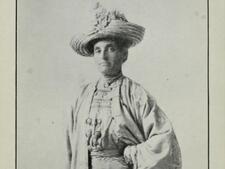
Selina Solomons
Selina Solomons was a turn-of-the-twentieth-century activist and writer, best known for her leadership role in the 1911 suffrage campaign that granted California women the right to vote. Solomons belonged to a prominent Jewish American family and spent her life in the San Francisco Bay Area. She employed multiple genres in advocacy of women’s rights, including speeches, poetry, drama, short fiction, and a manual-cum-suffrage history titled How We Won the Vote in California.
Muriel Spark
Muriel Spark was a Scottish-Jewish novelist, short story writer, literary critic, poet, editor, and essayist. While many critics marginalize Spark as a “Catholic writer,” it is clear that the wit, intelligence and subversiveness of her fiction are driven not by an unchanging morality but by a radical singularity.
Bella Spewack
Bella Spewack, in collaboration with her husband Sam, is known for writing some of the most memorable works of musical theater history, including Leave It to Me (1938) and Kiss Me Kate (1948). The Spewacks also wrote screenplays for several 1940s Hollywood hits, such as Weekend at the Waldorf. The couple contributed to many Jewish organizations and founded the Spewack Sports Club for the Handicapped in Ramat Gan, Israel.
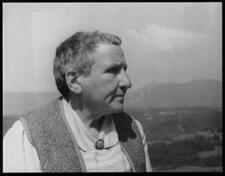
Gertrude Stein

Television in the United States
Jewish women have had a long-standing, complex, often fraught relation to American television. They have had to battle a male-dominated production system and sexist stereotypes, but also have seen significant advances, in front of and behind the screen, resulting from the cable and streaming revolutions and third-wave feminist activism.


